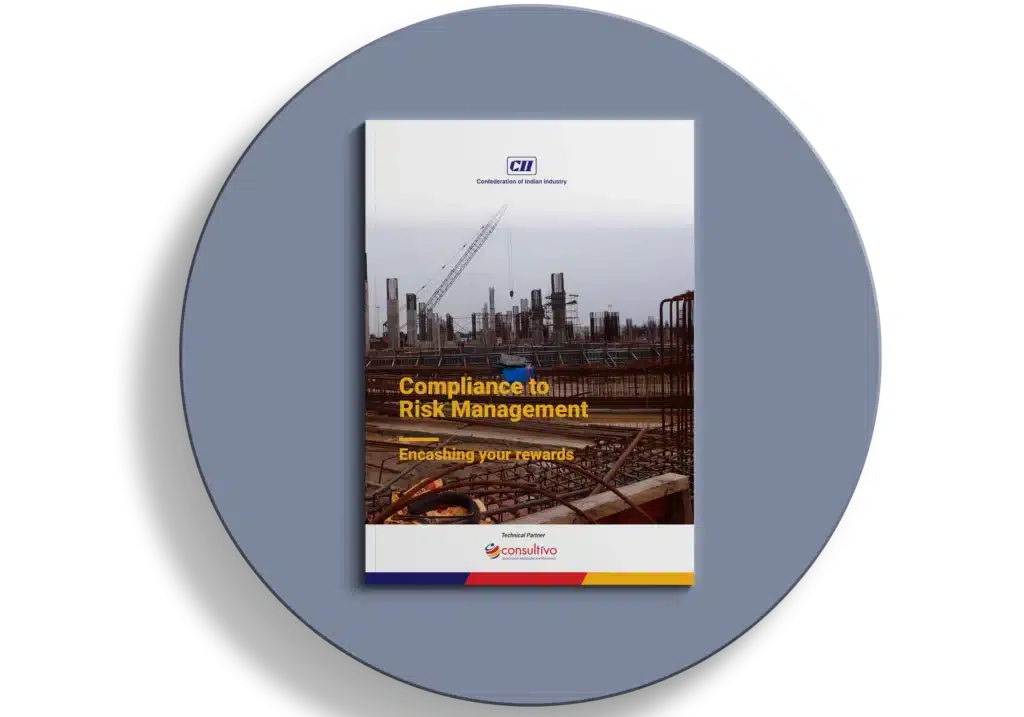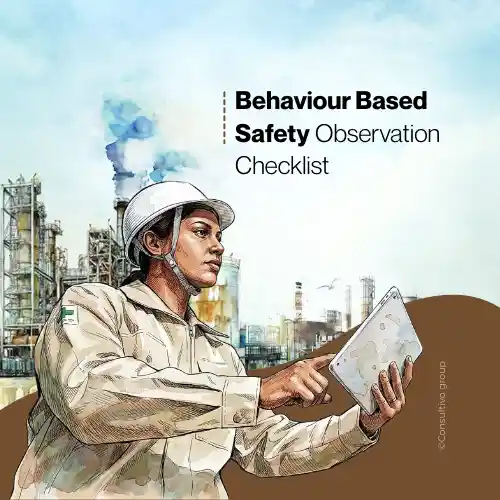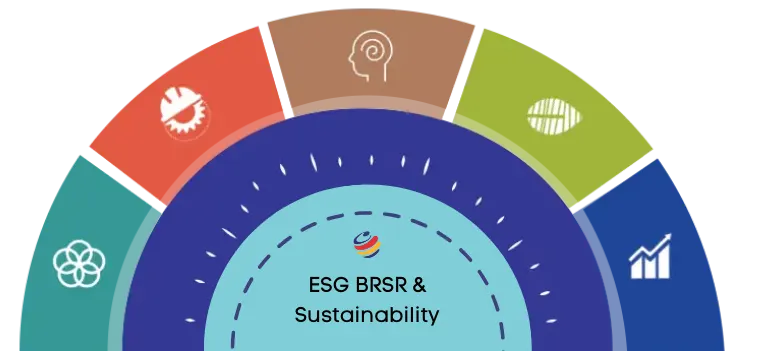
Business priorities are in a perpetual state of flux, molded by the ever-shifting contours of market dynamics and industry exigencies. Focus inevitably gravitates toward sectors the company perceives as bearing heightened business risks.
However, translating this intention into a well-structured framework often proves to be a challenge, with the practical implementation often lagging behind the theoretical concept. As a consequence, business risks frequently remain shrouded in ambiguity, their true import and implications inadequately comprehended. This opacity further exacerbates the conundrum, as organizations sometimes fail to discern critical risks that demand concerted attention.
At the crux of this intricate landscape lies the imperative to apprehend, recognize, and pinpoint business risks. This acumen, once achieved, forms the fulcrum upon which effective control measures pivot. Indeed, without this fundamental understanding, the foundation for any meaningful risk mitigation is untenable.
The compass of compliance steers the course between conformity and deviation, representing the alignment with established guidelines and specifications. Nonetheless, non-compliance stands as a formidable specter, partly fueled by the burgeoning labyrinth of regulations that pervade the business sphere. The absence of rudimentary control mechanisms can further amplify this vulnerability.
The canvas of Occupational Health and Safety (OHS) has surged into prominence within the contemporary business landscape. Conforming to legal requisites and adherence to established safety benchmarks is no longer a discretionary endeavor but a foundational necessity for any organized enterprise. Often enshrined within governmental statutes, compliance with safety protocols isn’t merely a procedural formality; it’s a robust defense against the encroachment of financial loss, litigation, reputational erosion, and a tarnished brand image.
The mantle of OHS risk management has undergone a perceptible shift in importance, evolving from an operational imperative to a strategic cornerstone. The present juncture necessitates a transition from the reactive stance of risk management to the proactive realm of strategic risk governance in the realm of OHS. This paradigm shift encapsulates the endeavor to navigate nascent risk dimensions while simultaneously ensuring harmonization and uplifting business outcomes. As businesses recalibrate their trajectory to account for these new risk realities, the strategic integration of OHS risk management emerges as an overarching agenda, unequivocally etched into the blueprint of every organization’s objectives.
About Consultivo
Consultivo is a management advisory and consulting firm helping global businesses in the areas of Sustainability, Business Excellence & Risk Management – both in strategic and operational levels.
Consultivo research and analytics wing works on industry, society and community oriented research programs on ESG, Sustainability and business risk in both qualitative and quantitative fields.
As an Independent and leading CSR Consultant in India, Consultivo offers CSR Strategy Consulting, Baseline and Need Assessment, Stakeholder Mapping and Engagement, CSR Project Monitoring and Evaluation, CSR Impact Assessment, SROI Assessment and CSR Communication Reporting.
About CII:
CII is a non-government, not-for-profit, industry-led and industry-managed organization, playing a proactive role in India’s development process. Founded in 1895, India’s premier business association has around 9000 members, from the private as well as public sectors, including SMEs and MNCs, and an indirect membership of over 300,000 enterprises from around 276 national and regional sectoral industry bodies.
CII charts change by working closely with Government on policy issues, interfacing with thought leaders, and enhancing efficiency, competitiveness and business opportunities for industry through a range of specialized services and strategic global linkages. It also provides a platform for consensus-building and networking on key issues.
Extending its agenda beyond business, CII assists industry to identify and execute corporate citizenship programmes. Partnerships with civil society organizations carry forward corporate initiatives for integrated and inclusive development across diverse domains including affirmative action, healthcare, education, livelihood, diversity management, skill development, empowerment of women, and water, to name a few.

Download the Report
Share this post
Category: Knowledge Bank
Tags: Safety
Related insights
View more in Impact Stories | Blogs | Knowledge Bank | News and Events











